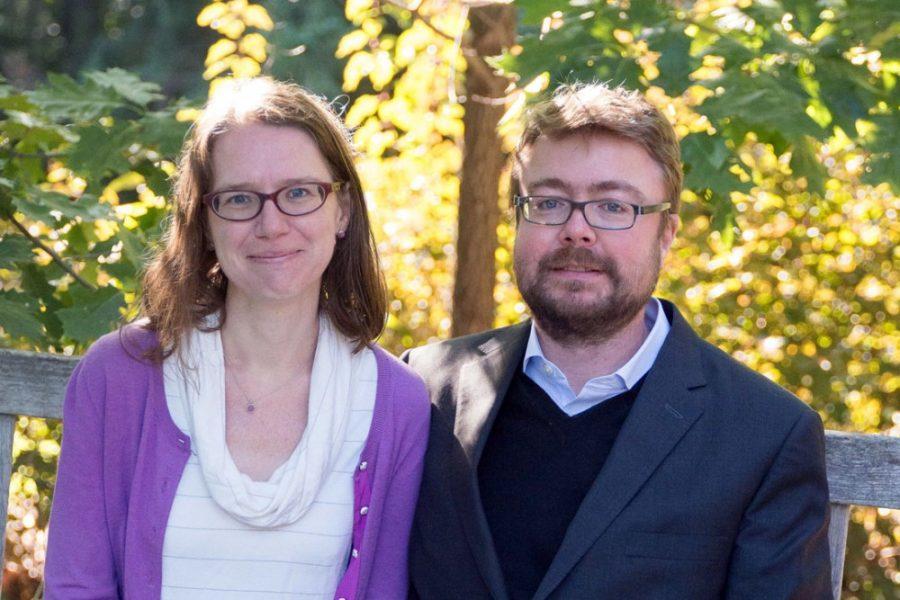If you wonder what it’s like to be a writer looking for someone to publish your work, you can find out Friday at the UA Poetry Center’s Survival Skills for Writers panel.
From 4-5 p.m., creative writing professors and published authors Kate Bernheimer and Ander Monson will be moderating a question and answer panel between attendees and small press publishers Katie Dublinski and Chris Fischbach. The panel hopes to answer questions from people interested in publishing their own work and those wanting to learn more about the publishing process and the roles of editors and publishers, specifically at small companies.
Dublinski and Fischbach, who are also married, live and work in Minneapolis at two of the most prestigious small publishing companies in the nation.
“Dublinski serves as associate publisher for Graywolf Press, an independent, nonprofit literary publisher … [and] Fischbach is the publisher at Coffee House Press,” states the couple’s profile page on the Poetry Center’s website.
Graywolf Press and Coffee House Press, although small companies, have a large influence on literature today. Each company has published dozens of novels, poetry collections and works of nonfiction that have gone on to win awards as prestigious as Pulitzer Prizes and have been nominated for National Book Awards. The two companies are also the publishers of Bernheimer and Monson’s work, which contributed to Dublinski and Fischbach’s attendance as guests at the panel.
The main goal of the panel is to inform people looking to publish their own work that large publishing companies aren’t their only option. Monson said there is a significant difference between small and large presses that most people don’t notice. The difference has to do with what they’re publishing, with small presses often giving new, more unique writers a chance to get their work to prospective readers.
“[The small presses] are primarily interested in publishing good work,” Monson said. “These are publishers that are really more interested in publishing literature with a capital ‘L’.”
Large publishing companies tend to follow the trends of popular culture when publishing books. The surge of vampire romance novels following the success of the “Twilight” saga by Stephenie Meyer or the neverending collection of dystopian books that owe their achievements to Kristen Simmons and her “Hunger Games” series are evidence of this. It makes sense from a business perspective — publishing companies are trying to turn a profit and printing popular books allows them to do that with little risk involved — but where does that leave other writers?
That’s where small companies like Graywolf Press and Coffee House Press step up and take in authors and poets with more insightful, artistic visions. These publishers take on the risks of printing more eclectic work, giving authors the chance they need to tell the stories that large presses would be hesitant to invest in.
Monson also explained that smaller publishers tend to edit writing much more than large presses, something he believes has helped his own writing.
Monson is an editor himself at the online literary journal DIAGRAM, which he also founded, and has written six books. His newest book, “Letter to a Future Lover,” is being released early February by Graywolf Press.
“I love the constant novelty of it,” Monson said about writing. “As a writer, nothing I do is the same as something I did before.”
Monson said this fact also makes writing difficult since no new project can be approached in the same way as the last. He believes that writing is oftentimes a long, involved process.
“Be patient, write a lot and read a lot,” Monson suggested to aspiring writers.
Those interested in small press publishing and how to become published authors are invited to visit the workshop.
_______________
Follow Victoria Pereira on Twitter.









